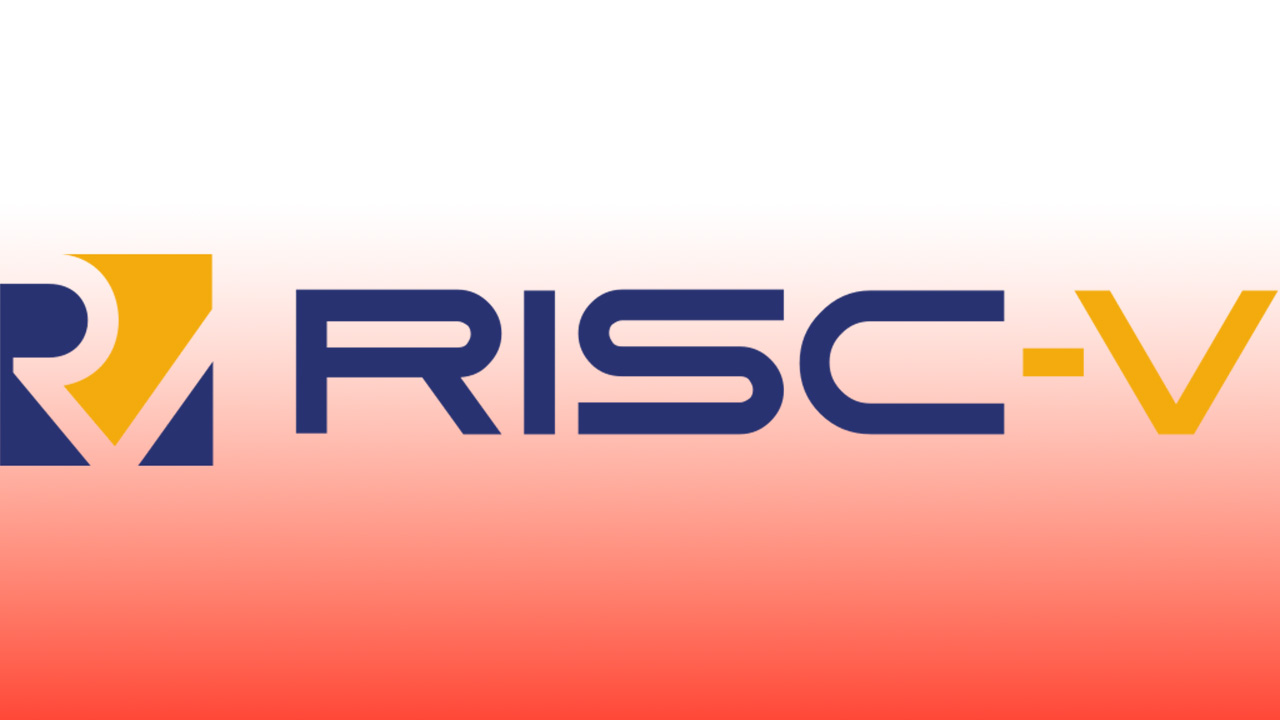U.S. Lawmakers Want to Block China from 'American' RISC-V
Senators Marco Rubio and Mark Warner demand to limit China's access to American RISC-V innovations.

Designed to be an open-source instruction set architecture (ISA) that can be used to build processors for every possible purpose, the RISC-V ISA has become quite a ubiquitous technology that can address both artificial intelligence and high-performance computing applications. This is perhaps why some U.S. lawmakers want this open-source technology to be essentially closed from Chinese entities, reports Reuters.
"The CCP (Chinese Communist Party) is abusing RISC-V to get around U.S. dominance of the intellectual property needed to design chips. U.S. persons should not be supporting a PRC tech transfer strategy that serves to degrade U.S. export control laws," said Michael McCaul, chairman of the House Foreign Affairs Committee, in a statement to Reuters.
Tom's Hardware has enquired RISC-V and the Linux Foundation for comment, yet has not received a response.
Legislators
Senators Marco Rubio and Mark Warner urge the U.S. government to limit American tech companies' engagement with RISC-V technology with Chinese entities. They fear China's potential misuse of this collaborative tech for military and strategic advantage, which poses national security.
RISC-V is a competitor to Arm's proprietary ISA and is used in various tech devices, from smartphones to advanced AI processors. RISC-V was born out of the University of California, Berkeley's innovative labs, and its development has been under the guardianship of a Swiss nonprofit organization, ensuring its open-source nature remains intact.
Yet, the prevalent belief among certain lawmakers is that China is maneuvering this open, collaborative spirit to fortify its semiconductor industry. Their concerns not only touch on economic factors but also the potential military advancements that the People's Republic could harness by mastering this technology. Representative Mike Gallagher has even proposed that any U.S. collaboration with Chinese entities on this front should first secure an export license.
This technology's international embrace is evident, with companies from both the East and the West integrating it. China's tech titan, Huawei, views RISC-V as foundational to its chip endeavors. Meanwhile, in the U.S., tech powerhouses like Qualcomm and Google have shown enthusiasm for its potential, emphasizing its transformative capability for the industry.
Get Tom's Hardware's best news and in-depth reviews, straight to your inbox.
Magnitude
However, the proposed constraints have sparked concerns within the tech community. They could jeopardize cooperative work on open tech standards between the U.S. and China if enforced. This could pose challenges to China's ambition to be chip-independent and stunt the global market momentum for better, cheaper chips.
The magnitude of potential restrictions can be gauged by a statement from Jack Kang of SiFive, who equated such limitations to barring U.S. tech firms from the digital universe of the internet. The implications stretch beyond mere business metrics, pointing to a larger impact on global tech innovation and leadership.

Anton Shilov is a contributing writer at Tom’s Hardware. Over the past couple of decades, he has covered everything from CPUs and GPUs to supercomputers and from modern process technologies and latest fab tools to high-tech industry trends.